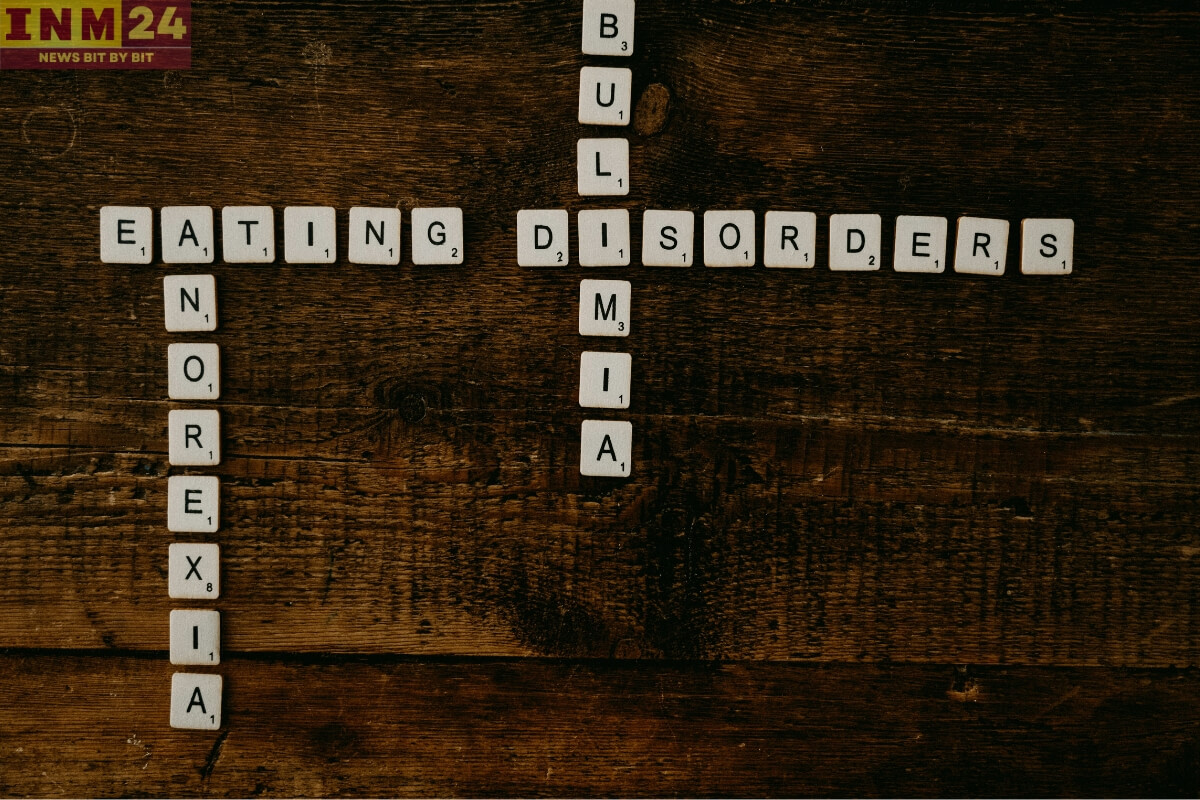Eating disorders and depression are complex mental health conditions that affect millions of individuals worldwide. While these disorders have long been recognized as distinct entities, emerging research suggests a deeper connection between them. A recent study has shed light on the intricate relationship between eating disorders and depression, offering valuable insights into their shared underlying mechanisms and implications for treatment approaches.
Eating disorders, such as anorexia nervosa, bulimia nervosa, and binge-eating disorder, are characterized by abnormal eating behaviors and attitudes towards food, weight, and body image. These conditions often co-occur with depression, a mood disorder marked by persistent feelings of sadness, hopelessness, and loss of interest in daily activities.
Linking Eating Disorders and Depression
The new research delves into the underlying factors that contribute to the co-occurrence of eating disorders and depression. One key finding is the role of genetic and biological factors that predispose individuals to both conditions. Studies have identified shared genetic vulnerabilities and alterations in brain chemistry associated with both eating disorders and depression, suggesting a common biological basis.
Furthermore, psychological factors, such as negative body image, low self-esteem, and perfectionism, play a significant role in the development and maintenance of both disorders. Individuals with eating disorders often experience profound dissatisfaction with their bodies, which can exacerbate feelings of depression and contribute to a vicious cycle of disordered eating and emotional distress.
Social Factors in Disorders
Social and environmental factors also contribute to the link between eating disorders and depression. Cultural pressures to attain unrealistic standards of beauty and thinness, as well as experiences of trauma or social isolation, can contribute to the development of both disorders. Additionally, stigma and misconceptions surrounding mental health may deter individuals from seeking help for their symptoms, exacerbating their psychological distress.
Understanding the interconnected nature of eating disorders and depression has important implications for treatment and intervention strategies. Traditionally, these conditions have been treated separately, with interventions focusing on symptom management rather than addressing the underlying psychological and biological factors driving both disorders.
Integrated Treatment Approaches
However, the findings of the new research underscore the importance of integrated treatment approaches that address the complex interplay between eating disorders and depression. Therapeutic modalities such as cognitive-behavioral therapy (CBT), dialectical behavior therapy (DBT), and interpersonal therapy (IPT) have shown promise in targeting both eating disorder symptoms and depressive symptoms concurrently.
Moreover, holistic approaches that emphasize self-care, stress management, and body acceptance can complement traditional psychotherapy and pharmacotherapy interventions. Encouraging individuals to cultivate a positive relationship with food, exercise, and their bodies can help disrupt negative patterns of thinking and behavior associated with both disorders.
The new research highlighting the link between eating disorders and depression offers valuable insights into the complex interplay between these conditions. By understanding the shared biological, psychological, and social factors underlying both disorders, clinicians can develop more effective treatment approaches that address the root causes of patients’ suffering. Moving forward, integrated and holistic interventions that promote mental and emotional well-being will be crucial in supporting individuals affected by eating disorders and depression on their journey towards recovery and healing.
